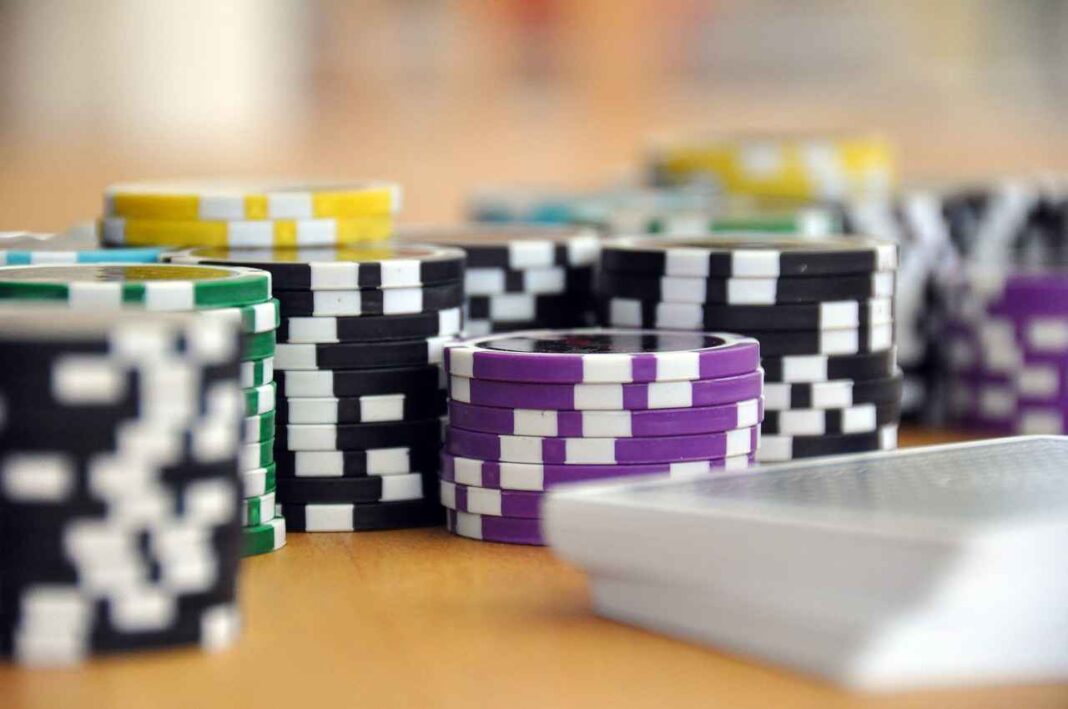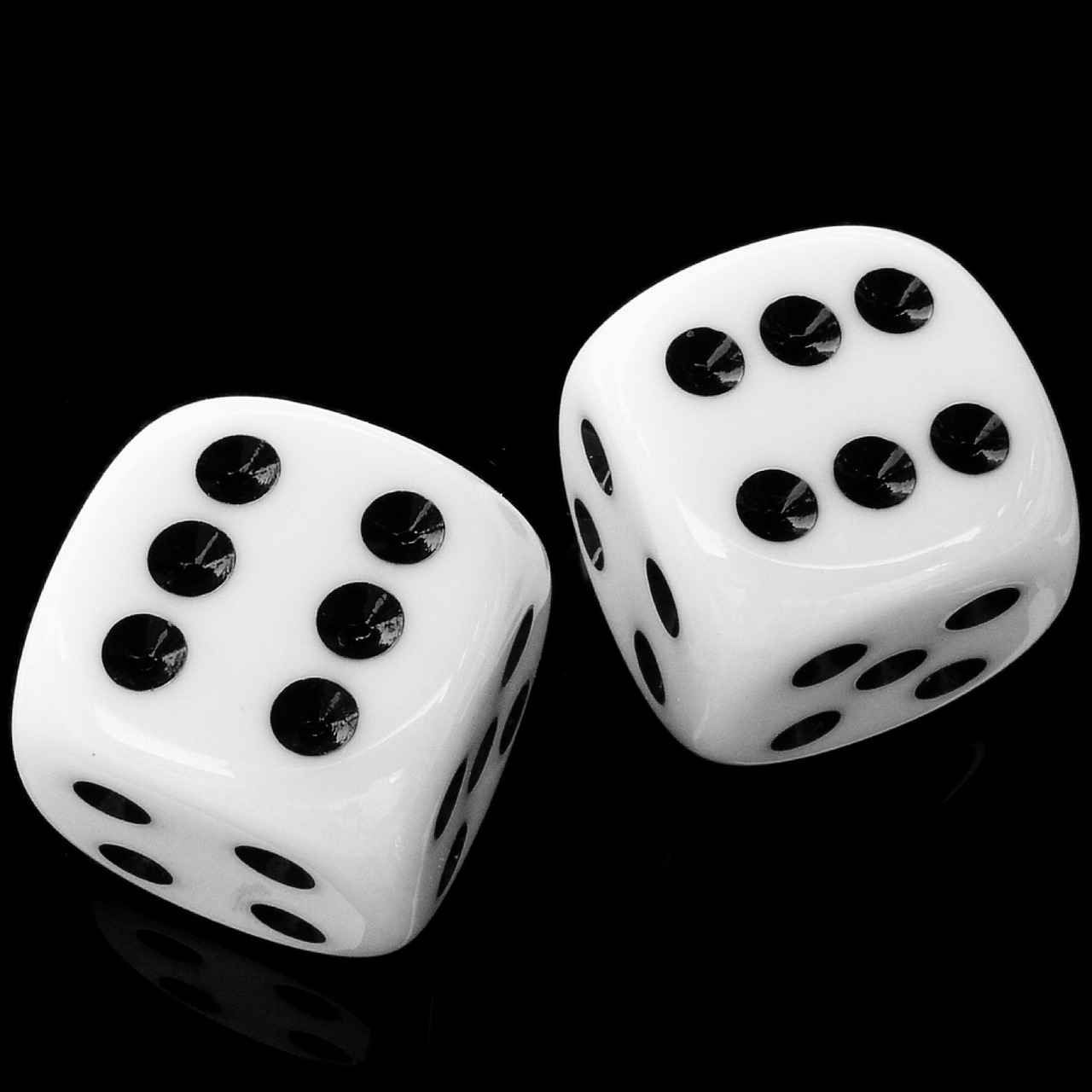Last weekend was rough for me. I was really hoping to win big on the Super Bowl after a previous victory where I’d won $600 betting on the 49ers against the Vikings and the Packers. Unfortunately, the 49ers blew a 10-point lead, and I ended up losing everything I’d won and then some. When I told my dad about it, he wasn’t exactly sympathetic and suggested I might have a gambling problem. I quickly denied it, but deep down, I knew he might be onto something.
My dad’s comment made me reflect on my gambling habits, especially considering my past on the trading floors of big investment banks where high-stakes betting was part of the daily routine. Whether it was betting on sports or challenging a coworker to a dare, gambling was just another part of life. I once even encouraged a fellow poker player at the casino who had borrowed thousands to sustain his gambling habit. At the time, I didn’t see myself as having a gambling problem because I wasn’t borrowing money to gamble.
After a particularly bad loss, I defensively told my dad that my gambling was under control thanks to some significant winnings from Tesla’s stock. But his skepticism and my own rationalizations about my betting habits started to paint a clear picture—I was in denial, much like any gambling addict.
The truth hit hard when I realized how much gambling was affecting my life. I was jeopardizing the financial security of my family, including my two kids and wife. In a single evening, I’d managed to lose nearly a month’s worth of my target passive income, all because of my addiction.
Initially, I thought about setting a gambling framework where I’d only risk a small percentage of my investment profits. But I realized that wouldn’t work for someone with my tendencies. After losing a bet, I found myself wanting to bet even more to recover losses, a classic gambler’s mistake. It dawned on me that the best way to handle my addiction was to stop gambling altogether, similar to how recovering alcoholics must abstain from drinking.
From now on, I’m committing to not betting on sports or engaging in any silly prop bets until I secure a steady job. I’m asking for help because quitting gambling is one of the hardest things I’ll ever do. If you know someone struggling with a gambling addiction, the best support you can offer is to refuse to engage in betting with them.
As for my investments, I’ll continue holding onto my Tesla shares, hoping they don’t crash as spectacularly as they’ve risen. I’m aware that the market is volatile, and like any investment, it’s a gamble, but one I’m hoping pays off in the long run.
To manage my finances better and ensure I’m not blind to the risks I’m taking, I’m using tools to keep track of my spending and investments. I’m also reevaluating how I handle money, ensuring I’m not sacrificing my family’s future for temporary thrills.
My journey through recognizing and admitting my gambling addiction is just beginning. It’s a path filled with challenges, but with the support of my family and the realization of the stakes involved, I’m determined to regain control over my life and finances.












































